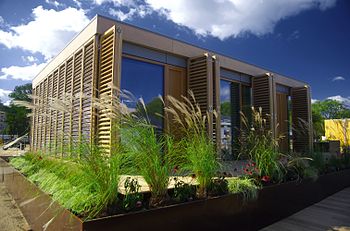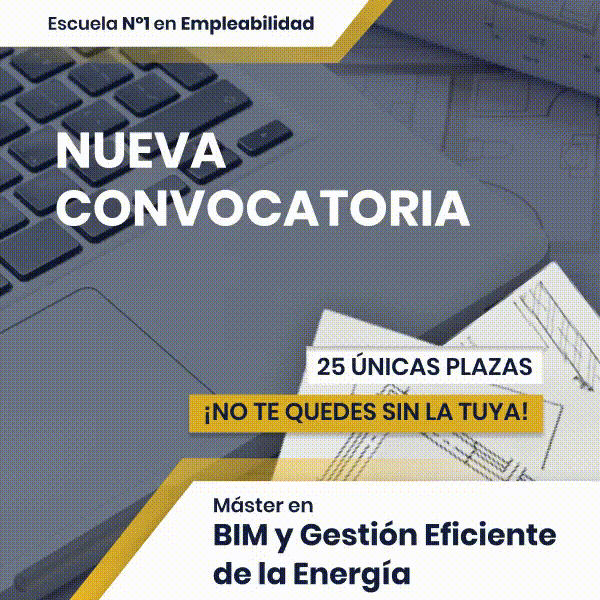In 2020, the regulations come into force that require new constructions, public and private, to be Almost Zero Energy Consumption buildings.
The effects of climate change They are becoming clearer and they are reflected, not only in natural disasters or sudden changes in temperature, but also in the lives of human beings.
Faced with such circumstances, there are many measures that are being attempted by public institutions, although it is true that the reality is very different, as demonstrated in the case of the housing constructions"In Spain, construction has been very poor for decades in terms of energy efficiency, especially during the boom, as regulations have been very lax," explains Jaime Llamas, head of House Habitat.
A regulation that has been forced to change in order to respond to the new European construction law, 2010/EU/31 - approved on May 19, 2010 - which will come into force on December 31, 2020 and which requires that new public and private constructions, even if they are 'Nearly Zero Energy Buildings' (nZEB), that is to say, Almost Zero Energy Consumption buildings (EECN).
To know more:
http://www.levante-emv.com/energia/2018/04/18/casas-pasivas-son-viviendas-consumo/1705778.html




































